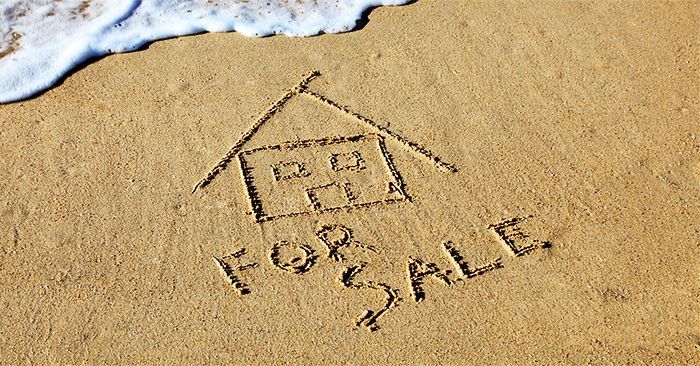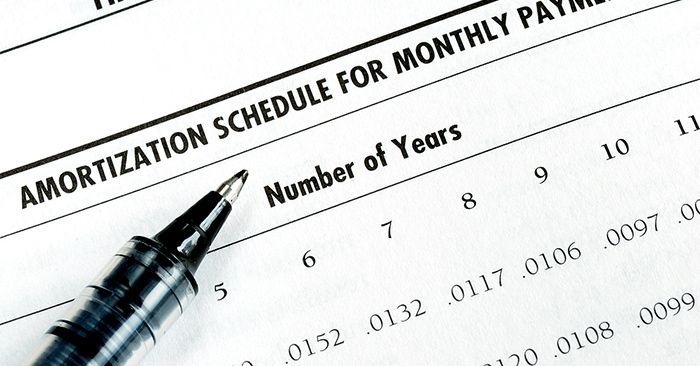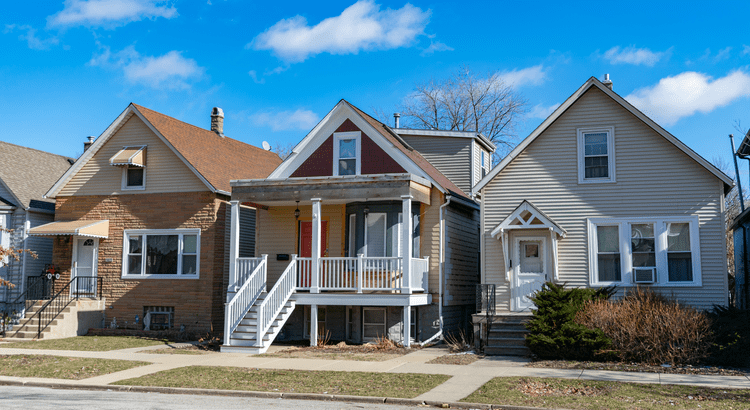Taking a Vacation While Buying a Home? Here’s How to Do Both Without Losing Your Mind (Or the House)

Real estate agents often joke that the best way to guarantee something big happens with a client is to plan a vacation. The minute their out-of-office email is set, sellers decide to list, buyers find their dream house, and offers start flying.
But it’s not just agents. If you’re in the middle of buying a home, odds are that as soon as you finally book that much-needed vacation, the perfect property will hit the market—or your lender will suddenly need one more document before they can clear your file.
So, what do you do if you’re house hunting—or already under contract—and also have a trip on the calendar? Cancel everything and put life on hold?
Not at all.
With a little planning and coordination, you can keep your transaction moving while still getting the break you deserve. Here’s how to juggle both without losing sleep—or the house of your dreams.
Choose the Right Agent (And Empower Them)
If you’re going to be out of town, your real estate agent becomes even more important than usual. You need someone who knows your preferences inside and out, can jump on new listings quickly, and is comfortable communicating across time zones and tech platforms.
During the search phase, that might mean giving you a live FaceTime tour from a showing or sending over detailed videos. Once you’re under contract, it means staying on top of every little detail and making sure the transaction doesn’t lose momentum while you’re away.
If you haven’t found the right agent yet, don’t wait until you’re packing your bags to start looking. The earlier you establish that relationship, the smoother things will go when you need them to step in on your behalf.
Line Up the Rest of Your Team in Advance
Buying a home takes more than just you and your agent. Lenders, inspectors, title reps, insurance providers—they all play a role, and each of them will likely need some kind of document, signature, or decision from you at some point along the way.
You’re always free to choose who you work with, but if you don’t have go-to contacts, your agent likely does. Leaning on their network of trusted professionals can help make the process smoother. These are people your agent already has a working relationship with, which can lead to quicker responses, clearer communication, and fewer dropped balls. Either way, make your choices early and connect your team members with your agent so everyone is in the loop when the time comes.
To avoid last-minute scrambling, try to front-load as many tasks as possible. Your lender may be able to gather key documents like pay stubs, bank statements, and ID copies ahead of time and keep them on file. If the timing works, you might even be able to knock out inspections or appraisals before you leave. At the very least, let your core contacts know your travel dates and the best way to reach you if something needs your attention.
And if there’s someone you trust—like a family member, close friend, or legal rep—consider giving them written permission or even power of attorney to act on your behalf while you’re away. It’s an extra layer of protection in case something time-sensitive comes up, and your agent or attorney can help you get that paperwork squared away.
Make Sure You’re Tech-Ready
Most real estate transactions today can be managed remotely, at least to a degree. But that only works if you’ve got the right tools in place.
Check that your phone plan includes coverage wherever you’re going, especially if you’re heading out of the country. If not, upgrade or add international service temporarily. Bring a laptop or tablet, make sure you know how to use e-signature platforms like DocuSign, and test your access before you leave.
Wi-Fi may not always be reliable, so plan ahead for backup options. If you need to print, scan, or fax something, scope out nearby business centers or office supply stores at your destination. Many hotels offer these services too—worth confirming before you check in.
Store Documents Securely (But Accessibly)
Buying a home involves a surprising amount of sensitive paperwork—Social Security numbers, financial records, legal IDs, and more. It’s risky (and stressful) to travel with those items physically, but you may need them while you’re away.
One smart solution is to upload essential documents to a secure, password-protected cloud storage service. That way, you can access and forward what’s needed from anywhere, without carrying paper copies through airport security. Just make sure you’ve tested access and organized your files before you take off.
If there are a few documents you’ve been specifically told to bring with you, keep them on your person—not in checked luggage—and secure them in a locked bag or safe at your destination.
Set a Daily “Check-In” Time
Even on vacation, it helps to stay lightly engaged with your real estate team. You don’t have to be glued to your phone all day, but having a set time each day to check email, return calls, and review any updates can go a long way in keeping things moving.
Let your agent and lender know when you’ll be available, especially if there’s a big time difference. It doesn’t need to be a long call—just enough to make decisions, sign what’s needed, or give the go-ahead on the next steps.
And if you’re traveling with others? Give them a heads-up too. A quick explanation that you’ll need 15–20 minutes a day to keep a major life event on track can save everyone from surprises later.
Consider Travel Insurance—Just in Case
If you’re planning a once-in-a-lifetime trip or dropping a lot of money on travel, it might be worth looking into a travel insurance policy that includes “cancel for any reason” coverage. That way, if a can’t-miss opportunity or closing snag pops up and you have to delay or cancel your plans, you’re not entirely out of pocket.
Even if you don’t go that route, having some sort of backup plan—like refundable bookings or flexible accommodations—can offer a little peace of mind.
The Takeaway:
Timing a vacation while buying a home can feel like tempting fate—but with the right preparation, you don’t have to choose between relaxing and staying on top of your transaction. From lining up a reliable agent and support team to setting aside time for daily check-ins, a little planning goes a long way toward making sure things don’t fall through the cracks while you’re away.
The key is to think a few steps ahead. Have your documents ready, your tech in place, and your people connected. Whether you’re still house hunting or already under contract, you can absolutely take that trip—as long as you take the right precautions to keep everything moving behind the scenes.
Share this post




